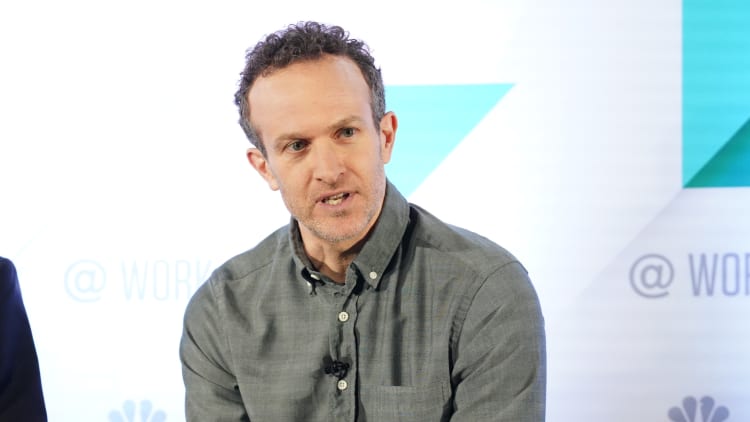Google said Tuesday it plans to end support for third-party cookies, which fuel much of the digital advertising ecosystem, in its Chrome browser within two years.
Cookies are small pieces of code that web sites deliver to a visitor's browser, and stick around as the person visits other sites. Third-party cookies are often added by advertisers and ad networks, in addition to the site the user is actually visiting, and can be used to track users across multiple sites, and to target ads and see how they perform.
Justin Schuh, director of Chrome engineering, in a blog post Tuesday said Google will phase out support for third-party cookies in Chrome once it has figured out how to address the "needs of users, publishers, and advertisers" and it has developed tools to "mitigate workarounds."
The changes, amid regulatory conversations and other moves in the digital world toward more privacy features, will affect how some advertising players reach consumers online. But they could also stoke further antitrust scrutiny. A Deutsche Bank analyst said in a note last year that Google could "inflame already high antitrust concerns if it does something in Chrome" because it would squeeze out Google's digital ad competitors. Chrome is the most popular web browser in the world, with about 69% of global market share as of September 2019, according to Statista.
Google's announcement comes one day before Microsoft is set to start rolling out Edge, a new web browser using Google's Chrome web browsing engine, which will have "tracking prevention" enabled by default.
Google has been making changes to limit the use of cookies, including a change announced in May that gave users more information about how they were being tracked across the web. The company also plans an update in February that will require websites to label third-party cookies that can be used on other sites.
Apple has made similar moves, with an anti-tracking tool called Intelligent Tracking Prevention for its Safari browser, and Mozilla's Firefox also rolled out a version that blocked third-party tracking cookies by default.
Publishers such as Vox Media have already responded to these changes by rolling out first-party data plays to give advertisers a direct relationship when they're no longer able to use as much third-party data to target audiences.
Schuh discussed the company's "Privacy Sandbox" initiative to develop standards that would let online advertising continue in a more privacy-conscious way. In August, Schuh introduced the initiative, saying it would be a solution that protects user privacy while helping content "remain freely available on the web."
"Some ideas include new approaches to ensure that ads continue to be relevant for users, but user data shared with websites and advertisers would be minimized by anonymously aggregating user information, and keeping much more user information on-device only," he wrote. "Our goal is to create a set of standards that is more consistent with users' expectations of privacy."
Disclosure: CNBC parent NBCUniversal is an investor in Vox Media.






